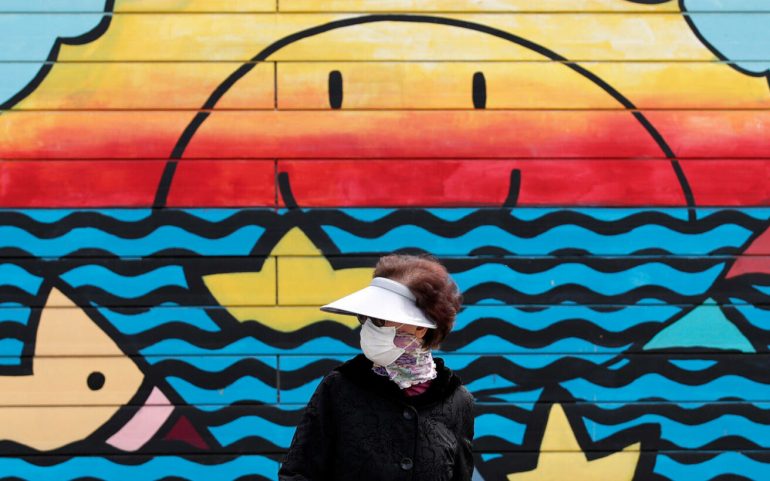Ο coronavirus has entered the Greek reality by force and the daily life of the people has changed abruptly, in the context of the efforts to combat it. spread of.
Every day we hear the announcement of new measures by the government and we follow the debate on individual responsibility of the citizens, so that the virus to cause as little harm as possible.
But in addition to the physical disease has a mental dimension, especially when it comes to people who have been infected with the new coronavirus and carry the "stigma" of the disease, but also the weight that can be a cause of transmission of the virus to their fellow human beings .
The mental dangers of the coronavirus
We asked Dr. Ilia Theotoka, Clinical Psychologist - Psychotherapist at the Aeginite Hospital, to explain the mental dimension of the virus.
"The mental dimension is that people are initially anxious, panicking because they feel it is something they can not control. And in situations of uncertainty people usually react spasmodically. "The spasmodic reactions can be panic, the overreactions, the stress, the anger," he told us.
"But there is another pole, that of denying the problem, of degrading the problem, of indifference, as a way, again, of dealing with fear. People do not manage fear in the same way. In fact, indifference to this disease, I dare say, can be even more dangerous than panic. "Because this can create and more than double the cases, the people who are sick", stressed Mrs. Theotoka.
Coronavirus is a new threat to human health, which plays a role, as the psychologist explains:
"The new causes fear, it causes anxiety, because it is something unknown. "Anything unknown and unpredictable creates fear."
- Do you remember a corresponding period when an illness entered our lives abruptly?
"It was the Ebola virus around 2014-15, which, as far as I can remember, had caused panic again. But I think there was a cure earlier. But this can be confirmed by infectious disease specialists. There was, of course, this dispersion, the contagion; that is, the whole world was threatened within a few months ".
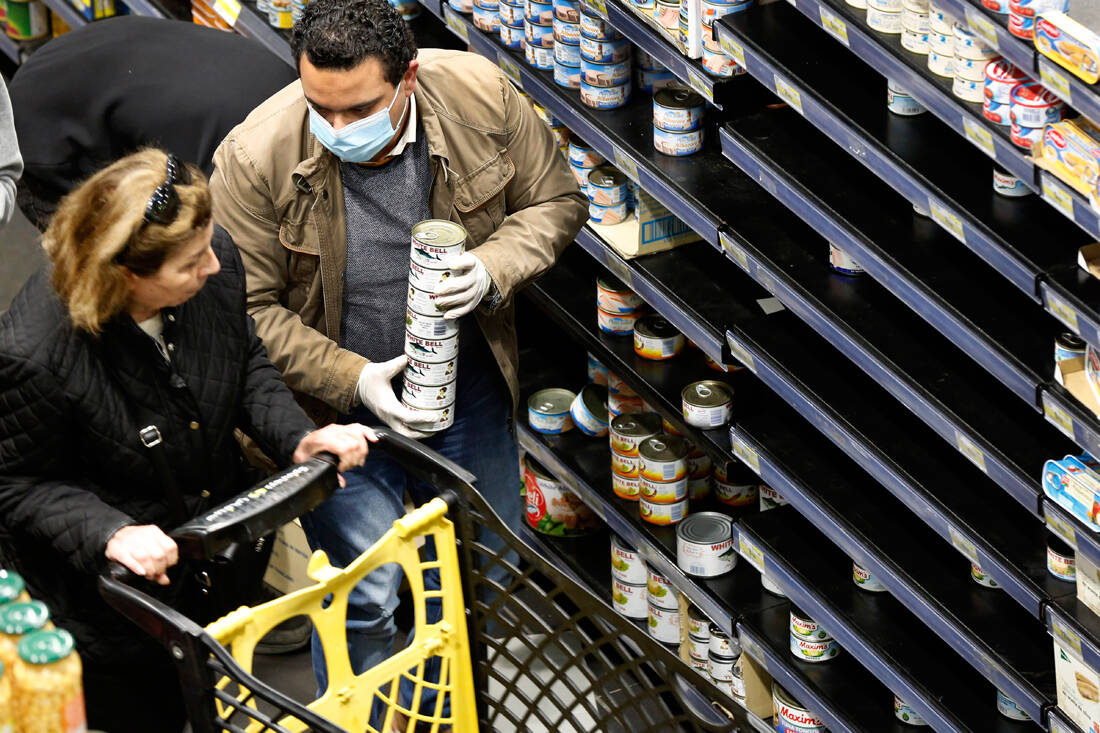
- What is the stigma of someone who has been infected with coronavirus?
"Stigma is an issue that psychologists have dealt with a lot. After all, all mental illnesses have a very high degree of stigma, so it is something familiar to us to manage the "stigma". That is, how these people who carried the virus may feel and that they may feel responsible for it.
If we incriminate them, if we criminalize them, then they can hide their disease, because they will believe that we consider them "miasmas" in some way. And when they hide it disease, in order to avoid the negative consequences of stigma, do not seek the medical help they need, do not adopt healthy habits, are isolated psychologically and at the same time, in this way we stigmatize a large part of society. As a result, we begin to attribute certain characteristics to this group of people and thus prejudices and barriers are created. "
The role of the media and the "pandemic" of information
Ms. Theotoka also referred to the role played by the storm of information that the citizen receives daily from the media about the coronavirus:
"Information bombardment has a huge impact. What matters is to be informed, to read the sites and to watch TV, radio, but up to a point. Then we should try to be as functional as possible in our activities, whatever they are, inside or outside the home, even if the latter are limited. Do not watch the media at all hours.
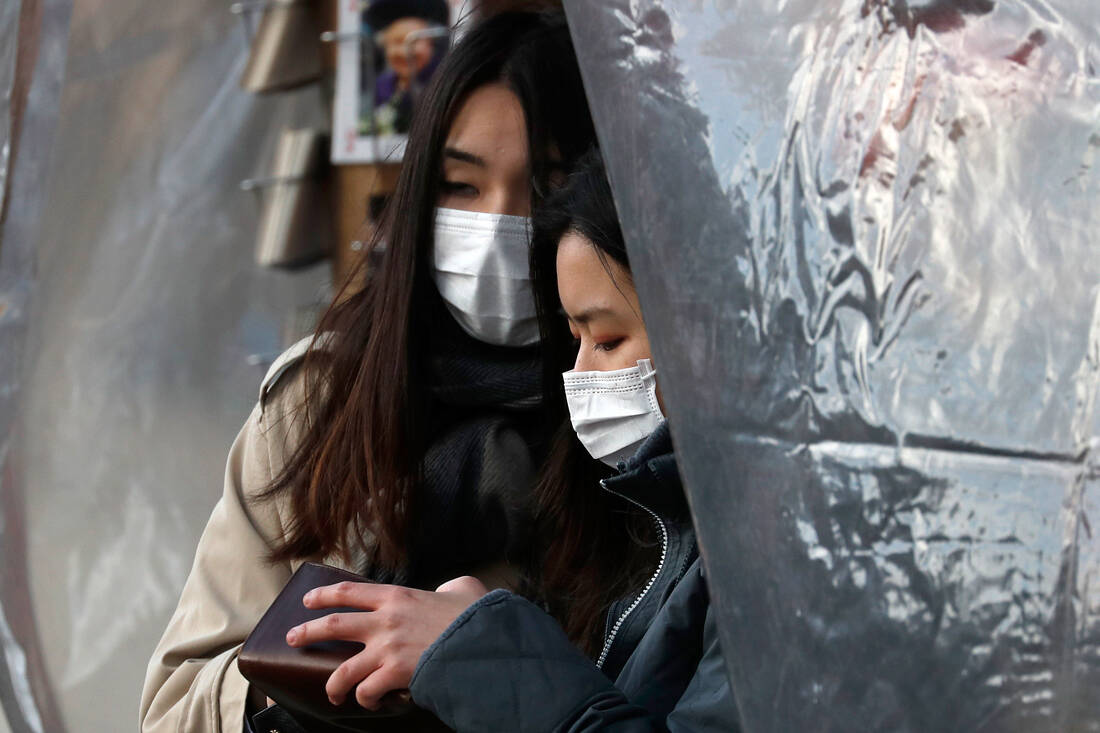
What we also have to say is that the sources of information must be reliable, the Ministry of Health, reliable journalistic, medical sites, because even websites, sometimes, can convey information, which is not always cross-referenced. So, a little information and good. Let's turn off the TV for a while. Let's do some activities, even at home.
To try to be more creative in our own home and to involve the family in it. That is, if there are children in the house to teach them the rules of hygiene, to ask them to help us clean the house together, giving them some rules. To spend, as we say, some quality time with the children, to read a book together, to make a small construction, to cook, to take care of our pots.
"These are all activities we can do at home to stay functional and mentally healthy, precisely because we do not know for how many days or weeks we will be at home."
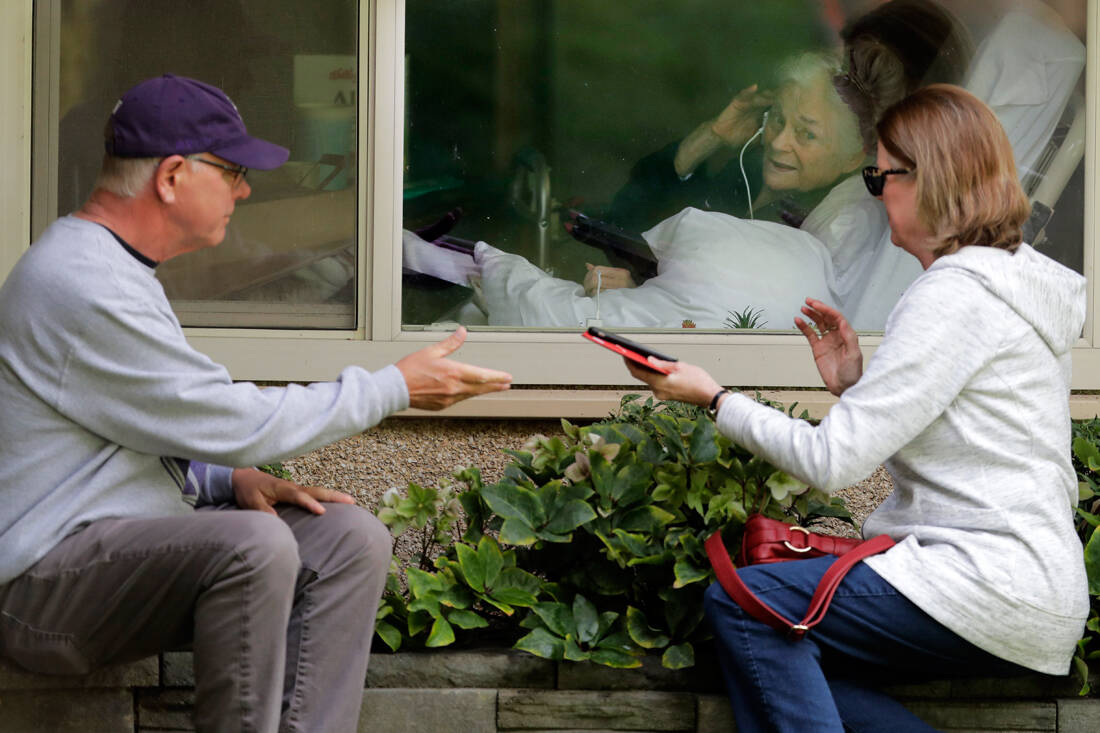
Quarantine is something like "shut down" for modern man "
- How much does stress affect the transmission of the virus to people in relatives or friends?
"It simply came to our notice then. There are no studies on this yet, so we can not say for sure. "We also do not know whether mental factors affect physical condition."
The state of restraint, let alone its quarantine, is rather unfamiliar to modern man who has intense rhythms in his daily life.
"Modern man has learned to be very functional, to move on many levels, in his family and professional life, in his social life, to do sports, to have hobbies and often at a fast pace every day. Therefore, restricting people is very difficult. It is difficult to "shut down" when the average person is usually at home for very few hours of the day and is suddenly called upon to do the opposite.
It is a change of special circumstances, it is a change of our habits and priorities. That is why people do not comply, they do not discipline themselves. They feel that they are restricted, that they are imprisoned, that they are punished. But they need to follow these rules. They did not follow them in Italy and we saw how things turned out. So we owe it to ourselves to follow these rules, even though we do not like it. To change our priorities, to redefine our goals and to see that at home we can work professionally, exercise, get in touch with family members, as long as they are not sick. "Even in these circumstances, we can be creative, and why not, do new things for the first time."

The patient and his close environment
- How would you suggest to someone who has been infected with the virus to behave in relation to people close to him?
"In fact, to be at a physical distance, to be isolated, if he is not hospitalized, it is important to maintain the quarantine, to provide his loved ones with everything he needs, being confined to a room and a bathroom. To read, listen to music, do some gentle physical exercises if his health allows, to keep in touch with his loved ones online. Today, fortunately, we have this opportunity.
This person needs to be optimistic, to believe that things will go well, because usually, and to a very large extent, the disease in two weeks it enters a recession. So, let him hope that this time will pass quickly and take care of himself. If he follows all these rules, he will feel satisfied for himself and for the course of his health, but he will also feel satisfied for what he did his duty, he behaved responsibly, with love and care towards his fellow human beings and especially his loved ones. of people.
There are people who face very serious health problems in their daily lives, with chronic diseases, with serious treatments that have many side effects and yet they can and do evolve, survive, can be functional and enjoy their lives, because today and "Psychology and medicine focus on quality of life, and we have largely achieved that."
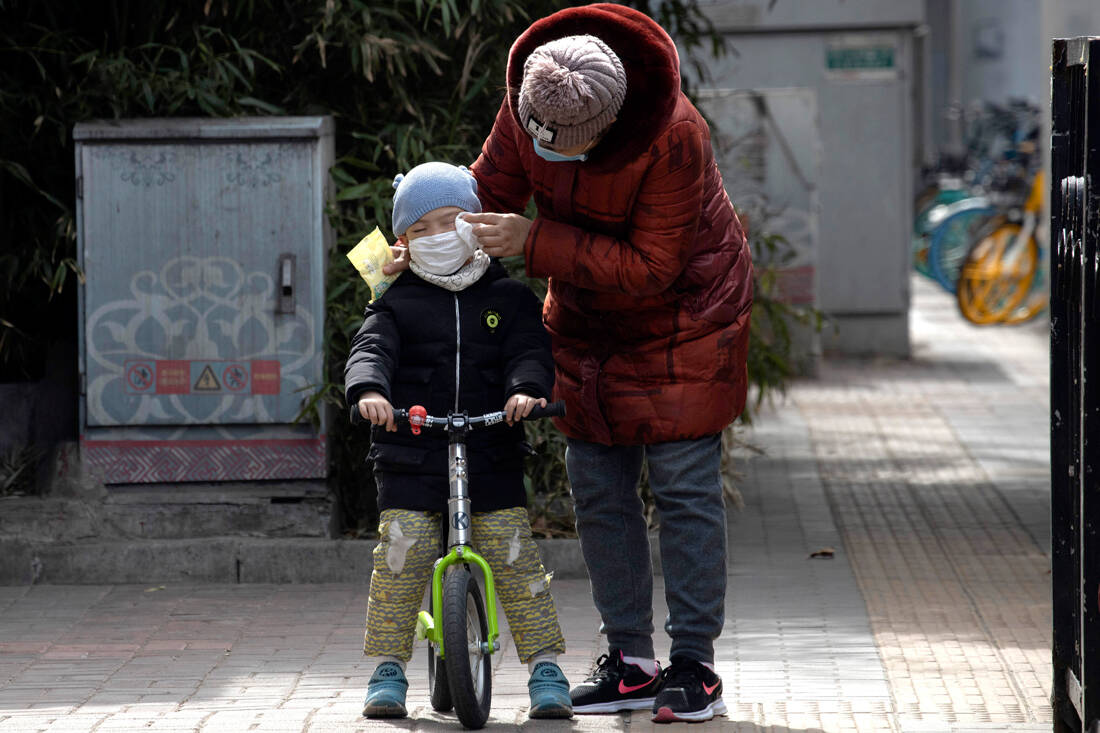
- Respectively, what would you advise people close to the patient?
"If she is not in physical contact with him, because he has been banned, to be in online communication via Skype or by phone. To support him, to see with optimism the future, as we say, to see the glass half full and not half empty. To rely on what the doctor tells them and not to inflate and magnify them, but also not to underestimate them.
It is important in every difficult moment to keep our humor, to imitate the situation we are in, to maintain our belief that life is worthwhile even in difficult times. And of course to rely on: "What does not kill you, makes you stronger" ".
